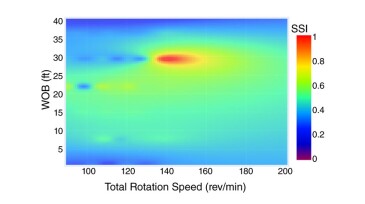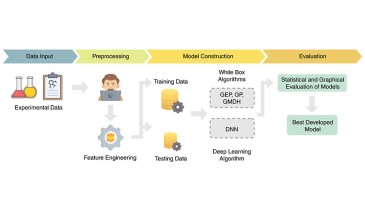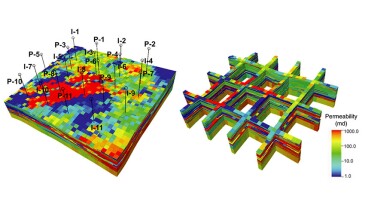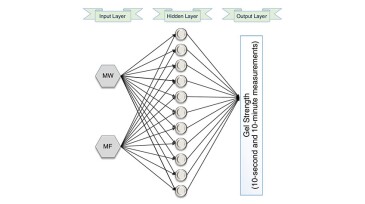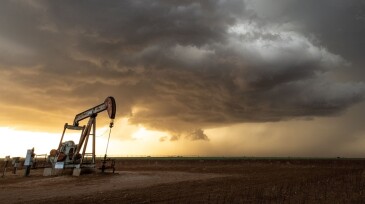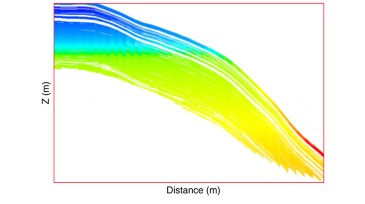neural networks
-
Whether it’s reviving inactive gas-condensate wells or identifying overlooked reserves in brownfields, operators are making the most of older wells and fields.
-
In this paper, the authors propose a regression machine-learning model to predict stick/slip severity index using sequences of surface measurements.
-
The objective of this study is to develop an explainable data-driven method using five different methods to create a model using a multidimensional data set with more than 700 rows of data for predicting minimum miscibility pressure.
-
The authors of this paper propose hybrid models, combining machine learning and a physics-based approach, for rapid production forecasting and reservoir-connectivity characterization using routine injection or production and pressure data.
-
In this study, artificial-intelligence techniques are used to estimate and predict well status in offshore areas using a combination of surface and subsurface parameters.
-
This paper investigates the use of machine-learning techniques to forecast drilling-fluid gel strength.
-
Energy efficiency is crucial for the oil and gas industry, where operational costs and environmental impact are under constant scrutiny. Predicting and managing electrical consumption and peak demand accurately, especially with the variability of weather conditions, is a significant challenge. This work presents a neural network model trained on historical weather and…
-
This paper describes an approach that combines rock typing and machine-learning neural-network techniques to predict the permeability of heterogeneous carbonate formations accurately.
-
This study describes the performance of machine-learning models generated by the self-organizing-map technique to predict electrical rock properties in the Saman field in northern Colombia.
-
The authors of this paper review the advantages of machine learning in complex compositional reservoir simulations to determine fluid properties such as critical temperature and saturation pressure.


